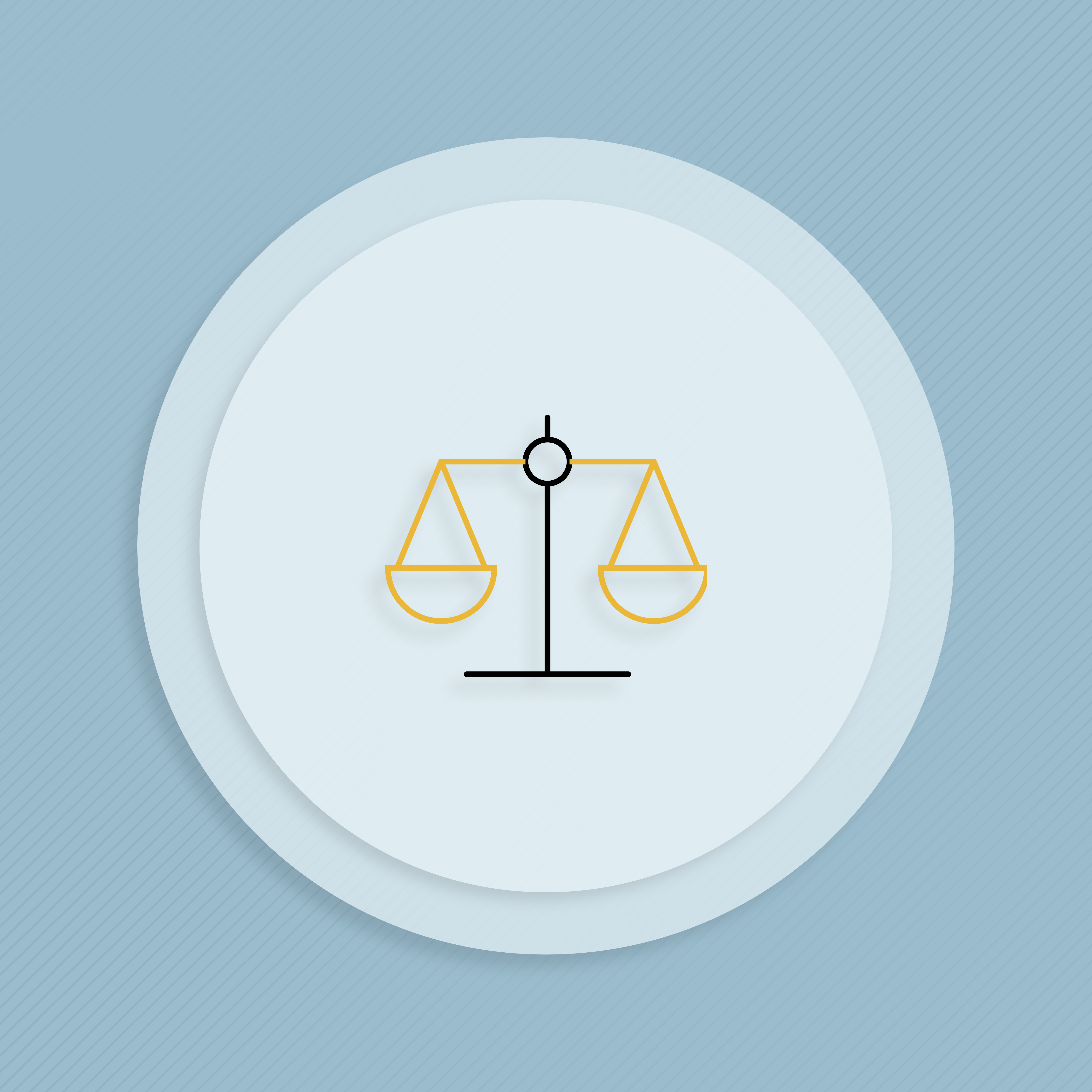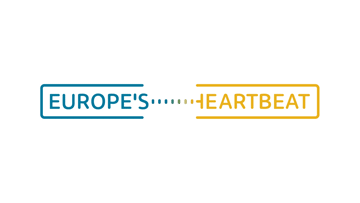Business Guide to North Rhine-Westphalia
Coming to North Rhine-Westphalia
Germany distinguishes between different kinds of residence titles for specific purposes, like setting up a market presence or working as an employee in Germany, subject to the length of stay and the intended (business) activity.
Residence titles include Schengen and national visas, residence and settlement permits.
A Schengen visa is sufficient for conducting most business and administrative activities that need to be organized prior to locating to Germany. It authorizes the holder to enter and stay in Germany for a temporary period (up to 90 days in any 180-day period).
A residence or settlement permit authorizes the holder to stay for the long term (i.e. more than 90 days in any 180-day period) or to work on a self-employed basis or as an employee in Germany.
Read more about the different residence titles for foreign employers or employees working in Germany below.

Who needs a visa?

Visa application process

Visas for setting up a business in Germany

Residence permit for running the business on-site

Residence permit for employees

The EU Blue & ICT Cards

Residence title for partner and children
Company set up
Setting up a company in Germany requires a legal structure. Expanding foreign companies generally opt to establish a local subsidiary or register a local branch office.
A subsidiary is an independent company established and predominantly held by another company (parent company). Foreign companies often choose the private limited liability company option (Gesellschaft mit beschränkter Haftung – GmbH) for local subsidiary formation. The main reason for the popularity of a subsidiary in the form of a GmbH is the separate limited liability, which this company form offers.
A branch office forms part of the foreign head office company’s organization. There are two kinds of branch establishments: the autonomous and dependent branch office. These differ primarily due to the degree of independence from the head office company.
In the following, you will find a summary of the most important legal information on setting up a company in Germany.

Setting up a GmbH or „Mini GmbH“

Branch offices

Other company forms
Incentive programs
Germany offers numerous incentive programs for foreign investors. There is a variety of incentives available, designed to fit the needs of economic activities at different stages of the investment process.
In the following, you will read about different incentive programs in Germany and how to apply for them.

Incentive programs
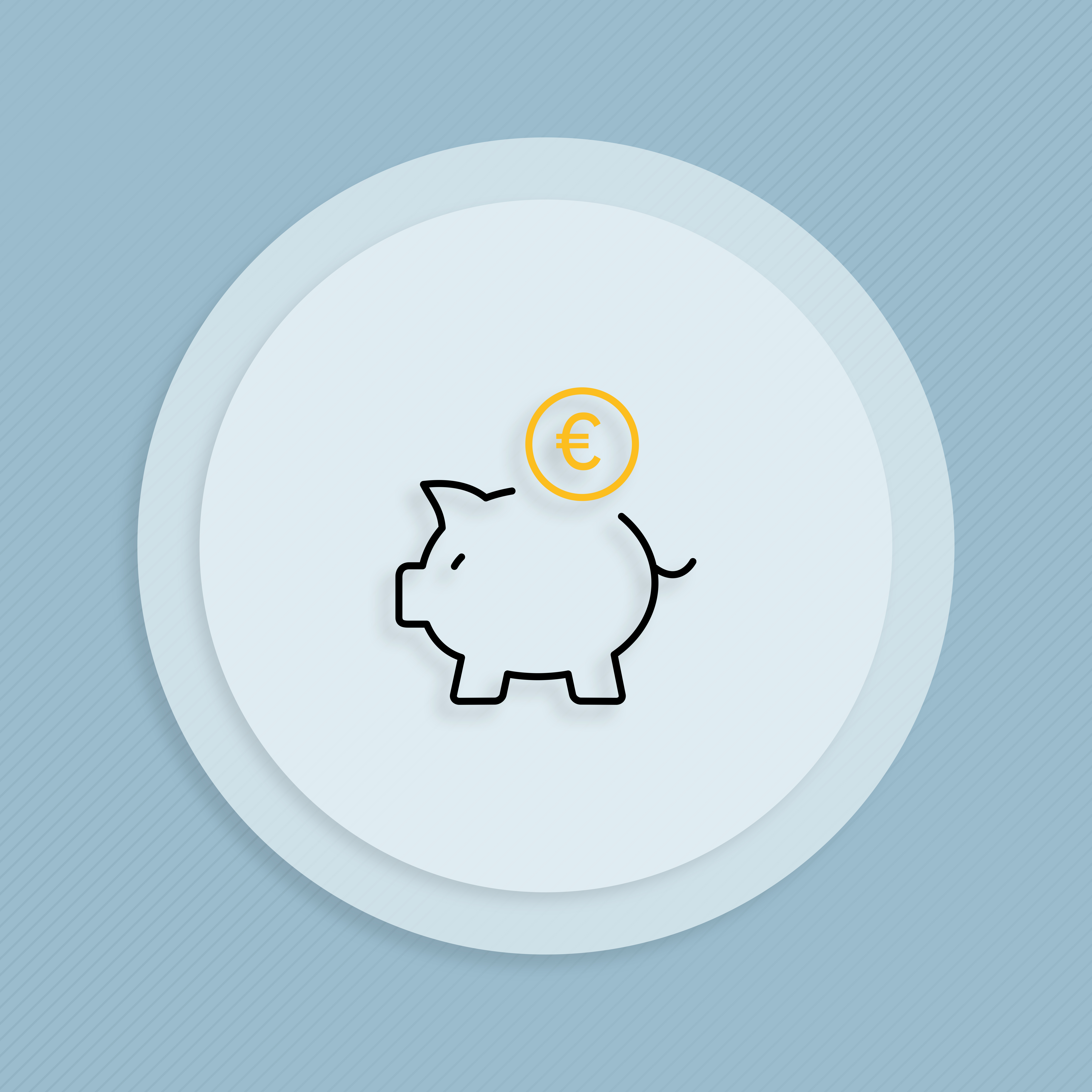
Grants for R&D

Grants for hiring personnel

Equity from public sources

High-Tech Gründerfonds and Coparion

Low interest, public loan and public garantee
The tax system
Germany offers a competitive system of corporate taxation. The average tax burden on companies is less than 30 percent. The average tax burden is just under 30 percent, with a number of municipalities offering lower rates.
Below you will find an overview of the various tax-related topics, like value-added tax, customs duties or corporate taxation in Germany.

Corporate income tax

Trade tax

Taxation of dividends
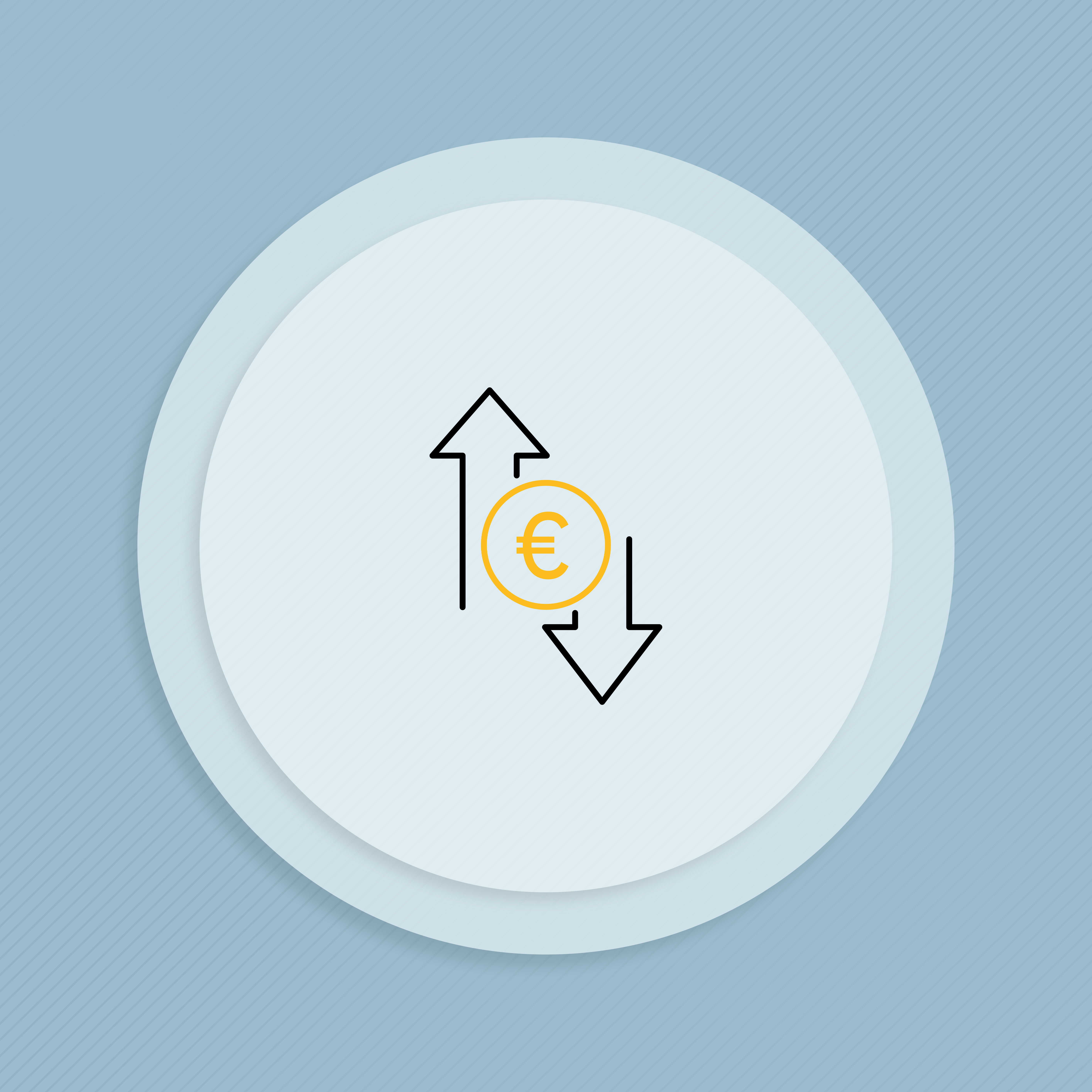
Value added tax (VAT)

Import tax

Taxation of property

Tax declarations

Tax deductions
Employees and social security
Germany is Europe’s largest labor market. It offers flexible employment models. Social insurance contributions in Germany are roughly shared equally by employer and employee. A company’s success very much depends on its employees. Germany offers a very well-trained workforce. There are various ways of recruiting staff in Germany. In some cases, even public funding for hiring employees can reduce the operational costs when starting a new business. But what considerations need to be addressed once employees are found? How is employment regulated? What rules apply to wages, working hours and vacation entitlement? What do employers need to know about the German social security system? How can an employment contract be terminated? And what is the role of works councils in Germany?
Below you will find the most important information on how to acquire personnel in the labor market in Germany.

Finding suitable staff

Flexible models of employment

Terms of employment
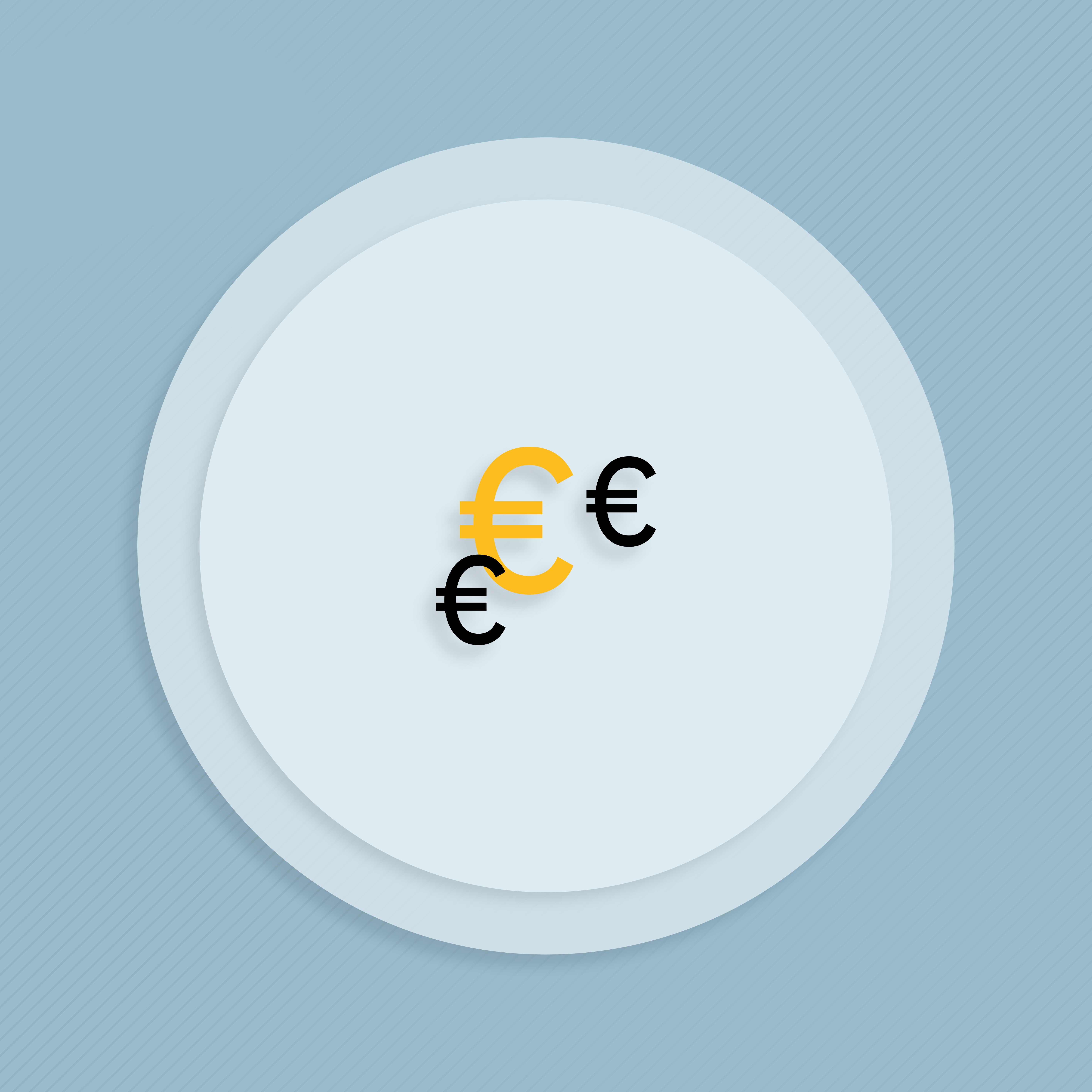
Salaries and wages

Working hours

Vacation and public holidays

Sick leave

Termination of employment

Employee representation

Social insurance system
The legal framework
In principle, there are hardly any German business regulations limiting day to day business activities. Intellectual property is strongly protected by patent laws which hold foreign entrepreneurs to the same conditions as Germans. If necessary, investors’ rights can be enforced by Germany’s efficient judicial system.
Yet, there are German regulations businesses must consider, e.g. concerning imports, planning and building or trading. Learn more.

Foreign business in Germany

Patents, licensing, trade marks
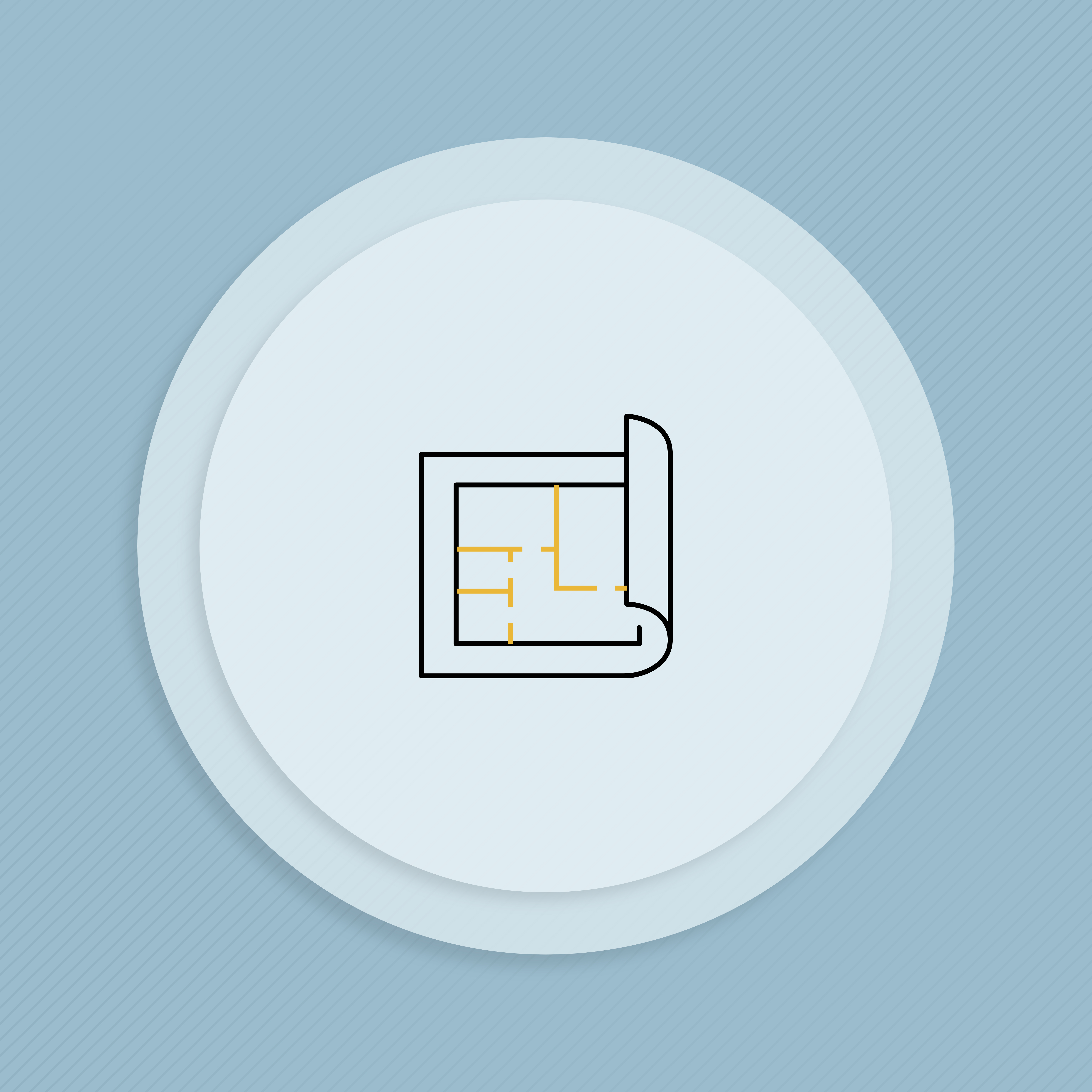
Planning and building
